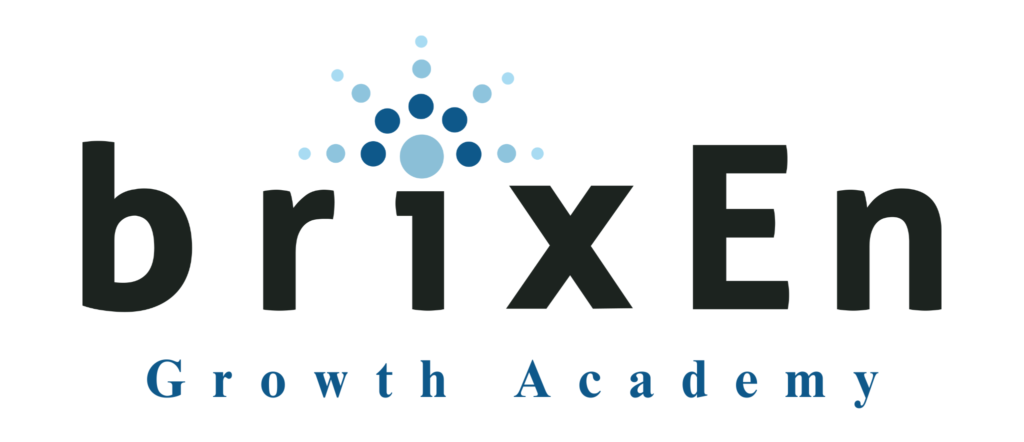Communicate for Success
- Home
- Communicate for Success

Master Communication to Lead with Impact
Key Communication Skills Every Leader Must Master
- Body Language & Tone Mastery: Non-verbal cues often speak louder than words. Learn how to use your body language and tone of voice to reinforce your message and build trust.
- Adapting to Multiple Communication Mediums: In today’s digital world, leaders must communicate across diverse platforms—email, virtual meetings, social media, and in-person. We’ll teach you how to adapt your communication style for maximum impact across all channels.
- Preparation and Clarity: The best leaders always prepare. You’ll learn how to structure your message, ensuring it's clear, concise, and compelling, whether you're delivering a speech or a one-on-one conversation.
- Conversational Excellence & Effective Questioning: Engaging in meaningful, two-way communication is a hallmark of great leadership. Develop the art of asking the right questions and steering conversations toward productive outcomes.
- Active Listening for Leaders: Effective communication starts with listening. Hone your ability to truly hear your team, understanding their needs and concerns, and responding with empathy.
- Paraphrasing for Clarity: To ensure mutual understanding, leaders should practice paraphrasing. Repeating key points in your own words not only boosts clarity but also demonstrates that you value others’ input.
- Assertive Communication As a leader, you must strike the balance between being assertive and respectful. Learn how to express your ideas confidently while maintaining a collaborative and positive environment.

- Body Language & Tone Mastery
- Adapting to Multiple Communication Mediums
- Preparation and Clarity
- Conversational Excellence & Effective Questioning
- Active Listening for Leaders
- Paraphrasing for Clarity
- Assertive Communication
Non-verbal cues often speak louder than words. Learn how to use your body language and tone of voice to reinforce your message and build trust.
In today’s digital world, leaders must communicate across diverse platforms—email, virtual meetings, social media, and in-person. We’ll teach you how to adapt your communication style for maximum impact across all channels.
The best leaders always prepare. You’ll learn how to structure your message, ensuring it’s clear, concise, and compelling, whether you’re delivering a speech or a one-on-one conversation.
Engaging in meaningful, two-way communication is a hallmark of great leadership. Develop the art of asking the right questions and steering conversations toward productive outcomes.
Effective communication starts with listening. Hone your ability to truly hear your team, understanding their needs and concerns, and responding with empathy.
To ensure mutual understanding, leaders should practice paraphrasing. Repeating key points in your own words not only boosts clarity but also demonstrates that you value others’ input.
As a leader, you must strike the balance between being assertive and respectful. Learn how to express your ideas confidently while maintaining a collaborative and positive environment.
Tools for Leaders to Strengthen Communication
Listening Intensity Measure
Evaluate your listening skills, identify areas for improvement, and develop a deeper understanding of your team’s needs and concerns.
Assertive Skill Assessment
Leaders often struggle with assertiveness. This tool will help you gauge how assertively you communicate and provide strategies for improvement.
CTA Examples
Whether you’re motivating your team or encouraging stakeholder engagement, we’ll provide examples of compelling CTAs that drive real action.
Why Communication Is a Leadership Superpower

Listening Intensity Measure
Evaluate your listening skills, identify areas for improvement, and develop a deeper understanding of your team’s needs and concerns.

Assertive Skill Assessment
Leaders often struggle with assertiveness. This tool will help you gauge how assertively you communicate and provide strategies for improvement.

CTA Examples
Whether you’re motivating your team or encouraging stakeholder engagement, we’ll provide examples of compelling CTAs that drive real action.

Tools for Success
- Listening Intensity Measure : Assess and improve your listening skills.
- Assertive Skill Assessment : Evaluate and enhance your assertiveness.
- CTA Examples : Utilize effective Call-to-Action strategies to motivate your audience.

